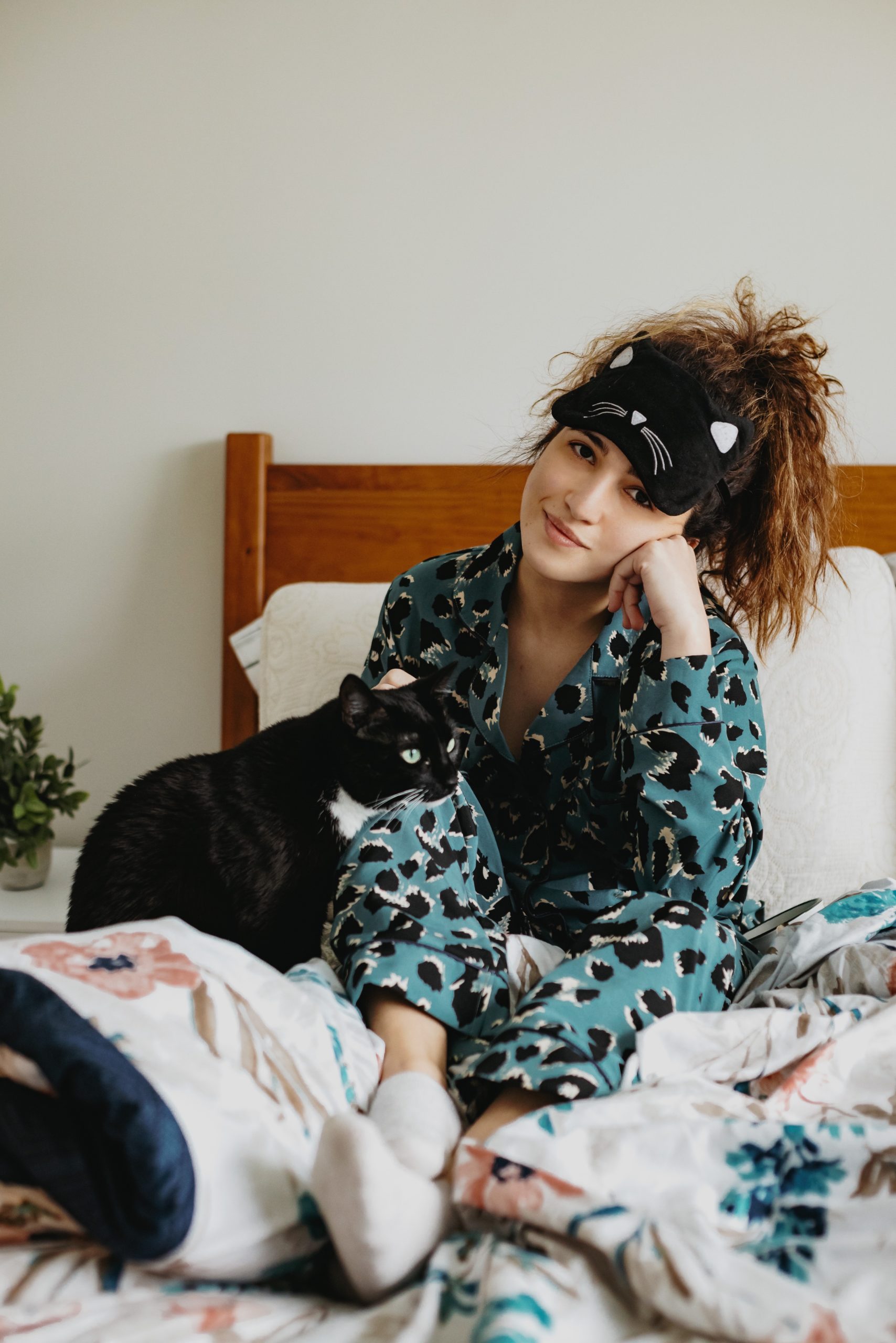The alarm clock starts ringing — it’s 8 a.m. For some people, they’re already awake, having beat the alarm by two hours. They’ve brewed their morning caffeination, gone for a jog, and checked two things off of their to-do list. For others, they groggily reach over to knock the alarm off of the bedside table in hopes that it might shut the vile thing up. Despite the numerous tasks set for the day, the greatest amount of pressure could not get them out of bed at such an unholy hour.
Chances are that you would consider yourself as one or the other of these people. You’ve also likely heard the terms “early bird” and “night owl” before. Affectionately, those who wake up at 6 in the morning would fall underneath the early bird category, while those who are still chugging away on the day’s work at 3 a.m. are most certainly night owls.
But the real question is, what is it exactly that draws someone to one tendency or the other? Is it all based on preference? Some magical connection made upon birth with the moon or sun? While that would be quite the story for parents to tell about their kids, the true answer is genetics. Before we dive into Punnett squares, let’s take a moment to identify which category you feel that you fit into. Outside of preferred bedtimes, studies have also come to designate distinguishable traits and tendencies that correlate to either early birds or night owls.
Am I an early bird?
Early birds tend to enjoy going to bed and waking up early. They tend to awaken at their highest peak of energy, which will gradually decrease as the day goes on, making them the most productive in the early hours. Come the afternoon and evening, they are ready to wind down, and are not adverse to crawling into bed earlier than others. According to an article from laylasleep.com, early birds tend to have higher GPAs, a more positive personality and outlook on life, are less likely to suffer from substance addiction, and get better quality of sleep than their night owl counterparts. However, early birds have also been known to have higher stress levels, a compact social life, and a significant energy crash during the latter part of the day.
Am I a night owl?
Night owls are those whose heads do not hit the pillow until the early hours of the morning. They love to have the opportunity to sleep in, as waking up early makes them incredibly drowsy. A night owl will tend to catch a second wind as the evening approaches, and they feel their best towards the end of the day. According to the same aforementioned article, night owls are more productive during their peak hours of energy, are likely to come into more wealth, score higher on IQ tests, and are more creative than their early bird counterparts. However, night owls are far more prone to mental and physical ailments such as depression or diabetes, suffer often with sleep deprivation, and find it harder to fit into societal norms given their off-kilter schedule when contrasted to the typical 9-5 workday.
The science of the circadian rhythm
Broken down, the circadian rhythm (also commonly referred to as the sleep-wake cycle) is a cycle present in all living things that dictates their waking and sleep periods. As a rule of thumb, most sleep-wake cycles follow the 24-hour day period. As such, in mammals, the circadian rhythm is linked to the presence of light or dark in our environments. The presence of darkness signals the body to begin producing melatonin, the hormone commonly associated with sleep. This burst of melatonin induces the body into a restful state. In fact, people often use melatonin supplements in attempts to shift their natural sleep-wake cycle to be more conducive to their personal schedule. In the interest of keeping things simple, an individual’s circadian rhythm is dominantly pre-defined by their genetic makeup. Although it can also be affected by such things as diet and behavior, at the most diluted level, even these factors are dictated by genetic makeup.
How is my professional life affected?
Whether it be during a meeting or while typing out emails, everyone has experienced moments of such exhaustion that completing any task at that time seems nearly impossible. If you’re an early bird, this time is likely during the afternoon, and if you’re a night owl, it’s likely during the morning. As you now know, these lulls of energy may be in large part to your body’s natural preferences. Instead of fighting these tendencies, it is both healthier and more efficient to do what you can to shift your work schedule to accommodate your peak hours of productivity. This is not always possible depending on the job in question, but as online work has continued to grow in popularity, it may be more possible now than ever before. If you are indeed working online, or enjoy a degree of flexibility in your hours, take note of the times during which you feel the most alert and energized during the day. These are your peak hours, and you should schedule the bulk of your working time during this period. You will be able to accomplish your tasks with a heightened sense of awareness and ease, and these tasks will likely be of higher quality than what you would produce otherwise.
Perhaps you are not someone who adheres to the standard 9-5 working life. Not all of us are, so if you can find a way to set yourself up better for success in your scheduling, you will not only produce better results with less exertion while working, but will also feel more accomplished in your downtime.
